Tripp Mickle from the Wall Street Journal alleges that Apple is favoring its apps unfairly in iOS App Store searches. Not only does Apple deny it, but testing with devices associated with iCloud accounts seems to disprove the allegations.
A Wall Street Journal report alleged on Tuesday that Apple's mobile apps "routinely appear first in search results ahead of competitors in the App Store." Analysis by the claims Apple's apps appear in the top spot in more than "60% of basic searches," such as for "Maps" or other simple terms, but doesn't go into great detail about what the other terms could be.
For apps with a subscription, such as Apple Music, they appeared first in 95% of searches for terms within the same industry.
Search and discovery
User searches power approximately 65% of all app downloads from the App Store, making it a major influencer in whether an app gains an audience or not. Despite this alleged favoritism for promoting its work over others, Apple advises developers that a variety of factors influence search results, such as the number of downloads, user reviews, and ratings.
App Store Search involves a secretive algorithm that Apple refuses to specifically detail. Apple does note that it incorporates machine learning and past consumer preferences. Apple also says that it uses 42 factors for ranking apps in search, and maintains that secrecy regarding the algorithm is to minimize result manipulation.
The four core elements that change behavior are downloads, ratings, relevance, and user behavior, with the latter being the most important and includes how many times users select the app following a search query.
Apple says that it doesn't provide itself an advantage over other apps within the App Store. The report notes that Apple performed its tests, yielding results for some searches were Apple apps did not rank first.
Testing the theory
In AppleInsider's own testing, the Wall Street Journal results could not be replicated as described in the report. Using three devices with iCloud accounts associated with purchase histories, we duplicated the generic terms that the Wall Street Journal said that they used.
Using our three devices, apps other than Apple's apps filled the spot below the search ad in 56 of 60 of our searches, and two spots below the search ad in 48 of the 56 searches that didn't have an Apple app in the top spot.
This is a notable deviation from the claims in the post. The Wall Street Journal claims that it used three devices with accounts associated with a purchase history during its own testing, so the reasoning behind the discrepancies aren't clear.
Simple searches give simple results
Given the simple descriptive names of Apple's apps, like Maps, Podcasts, TV, and News, a simple keyword search with no algorithmic influence would most likely come up with Apple's apps for searches using these terms anyway. If Apple had gone for names that were less descriptive of their purpose, such as how "Spotify" doesn't have a direct meaning that relates to music in any way, the results would be different.
As an example, in a test case cited by the Wall Street Journal the app "The Podcast App" was searched. The publication said in the report that it ranked below Apple's Podcast app. However, testing on the iCloud accounts populated with a purchase history that we used earlier, it appeared first, above Apple's app in both the US and UK App Stores.
The top position for the query "books" being its Books app is reasoned as being an exact name match. The high ranking for an "audiobooks" query is due to "user behavior data," according to Apple, as well as the use of the term as a keyword in the app listing's metadata.
Apple has issued a statement regarding the matter.
We created the App Store to be a safe and trusted place for customers to discover and download apps, and a great business opportunity for all developers. App Store Search has only one goal — to get customers what they are looking for. We do that in a way that is fair to all developers and we do not advantage our apps over those of any developer or competitor. Today, developers have many options for distributing their apps and that's why we work hard to make it easy, fair and a great opportunity for them to develop apps for our customers around the world.Apple customers have a very strong connection to our products and many of them use Search as a way to find and open their apps. This customer usage is the reason Apple has strong rankings in Search, and it's the same reason Uber, Microsoft and so many others often have high rankings as well. The search algorithm is always changing as we strive to improve the ways our customers can find what they want and prevent fraud on the store, but our commitment to running search with the highest integrity and in a way that is fair to all developers will never change.
Apple maintains the search algorithm itself works the same for all apps, including its own. The company notes that the positions are created from usage of the store by users over time, not by direct influence by Apple itself.
The report also alleges two dozen of Apple's apps that are pre-installed on iOS devices "are shielded from reviews and ratings." Apple says pre-installed apps don't need to be rated because they are already integrated into iOS, leaving little need for a user to manually download them again from the store.
Update July 23, 1:48 P.M. Eastern Time Added Apple's full statement on the matter.
 Mike Wuerthele and Malcolm Owen
Mike Wuerthele and Malcolm Owen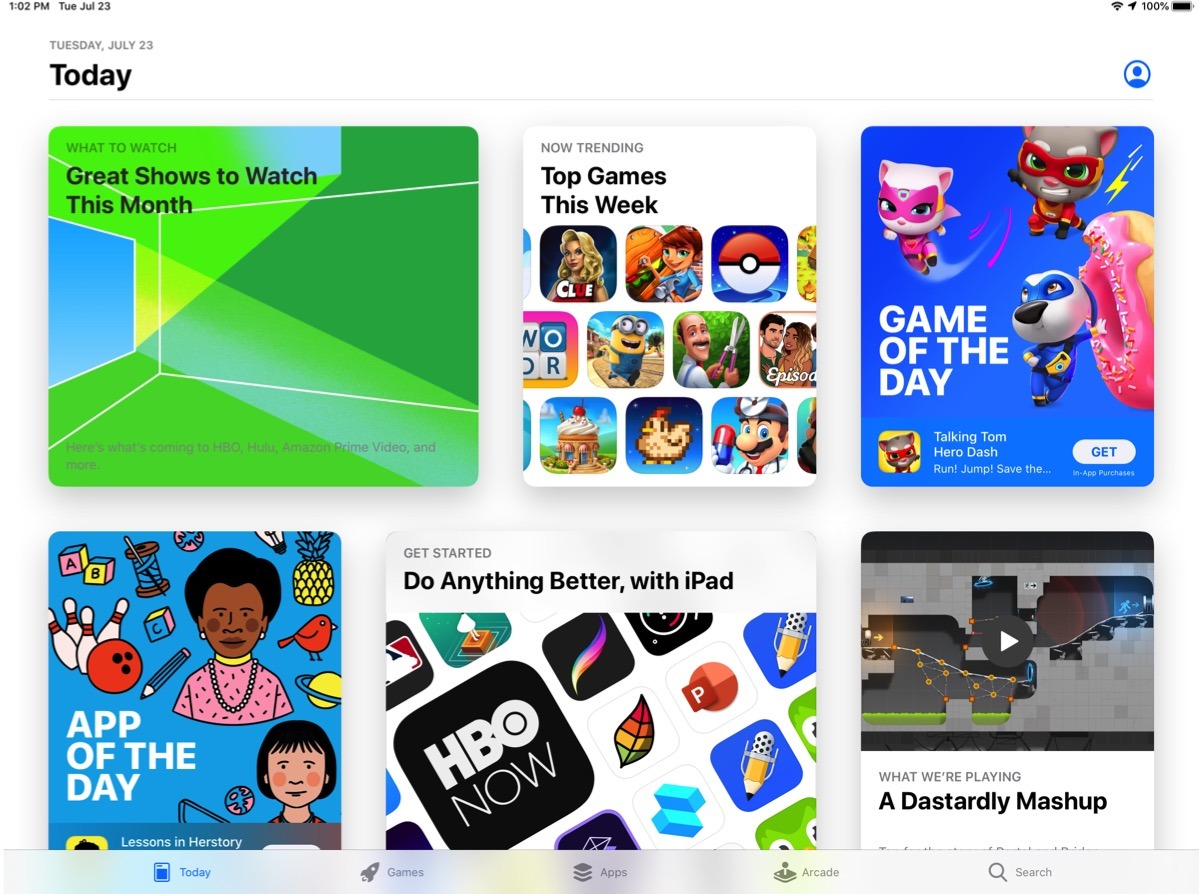

-m.jpg)






 Malcolm Owen
Malcolm Owen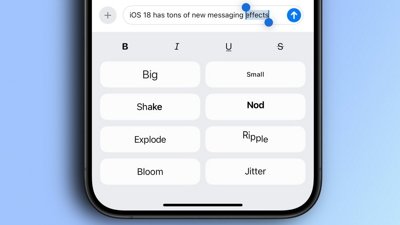
 Oliver Haslam
Oliver Haslam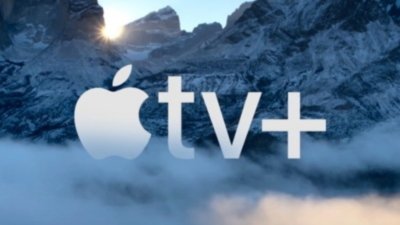
 Amber Neely
Amber Neely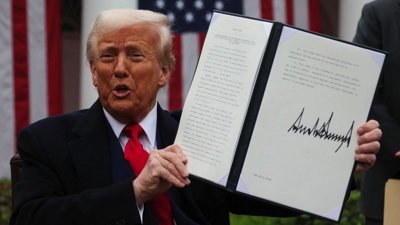
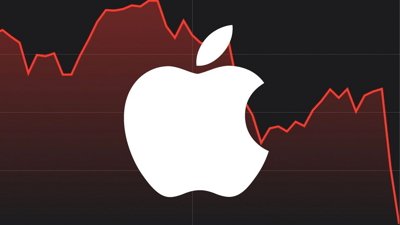
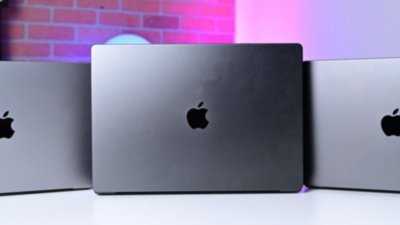
 Andrew Orr
Andrew Orr
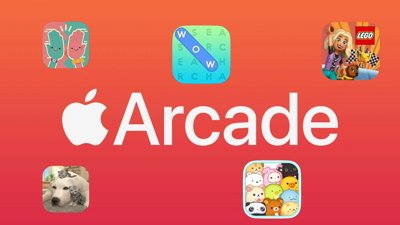

-m.jpg)
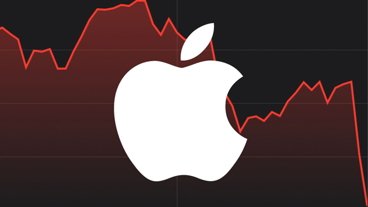







18 Comments
Journalism is hard, so keep tryin’ Tripp! 👏🏾
It's sad how bad people want Apples App Store to fail. So much so that they'll go to lengths to make crap up.
Tripp Fickle may also be overlooking the popularity factor. The Apple apps may be what people are *actually* looking for, and each additional hit+download may be giving added weight to the items. Google Search has a similar behavior. Clicked matches strengthen their reputation for that search.
Refuting the arguments of know-nothing journalists!!? Your guys are treading into DED’s space (I’m sure there’s a pun in there somewhere).